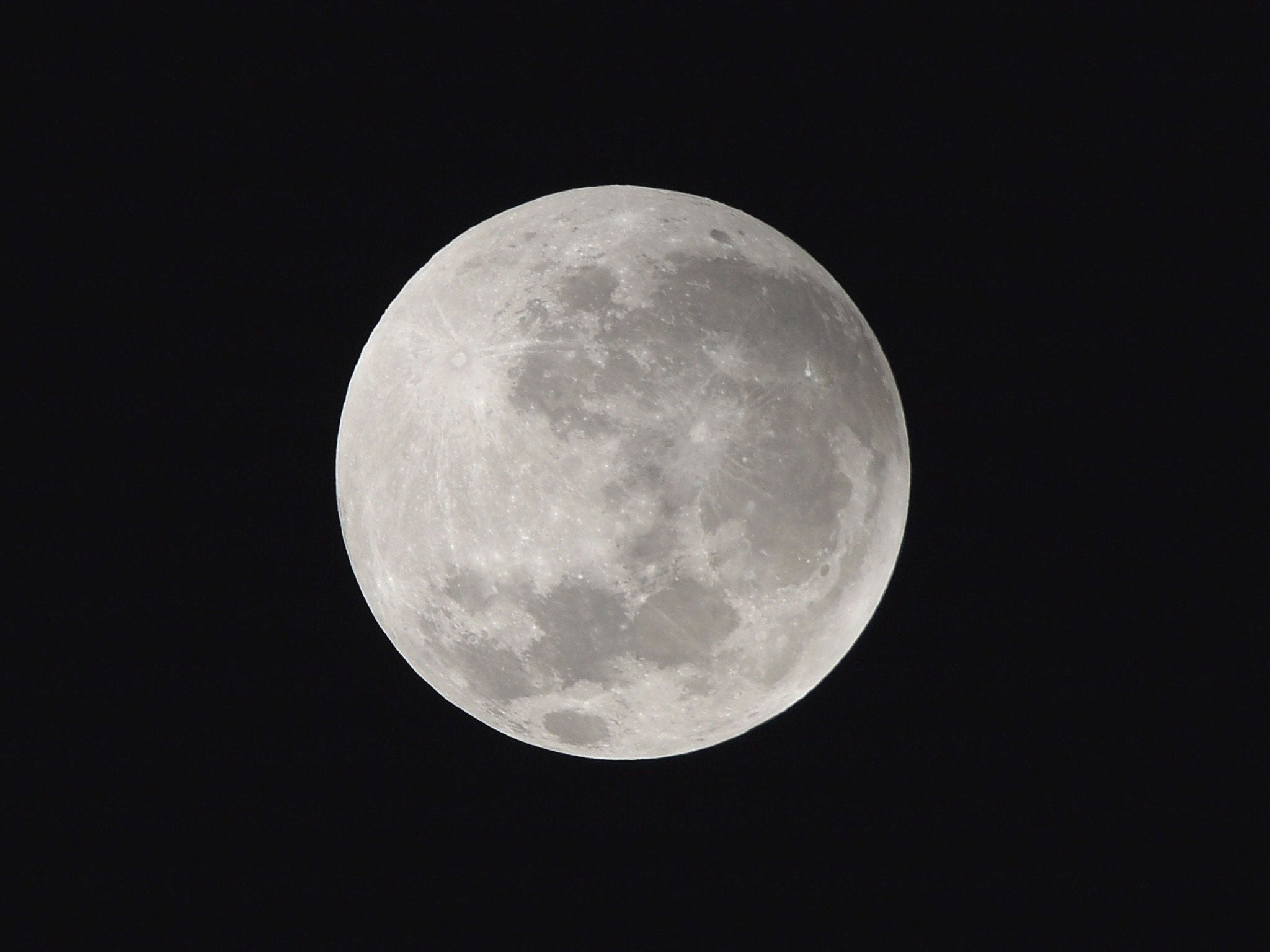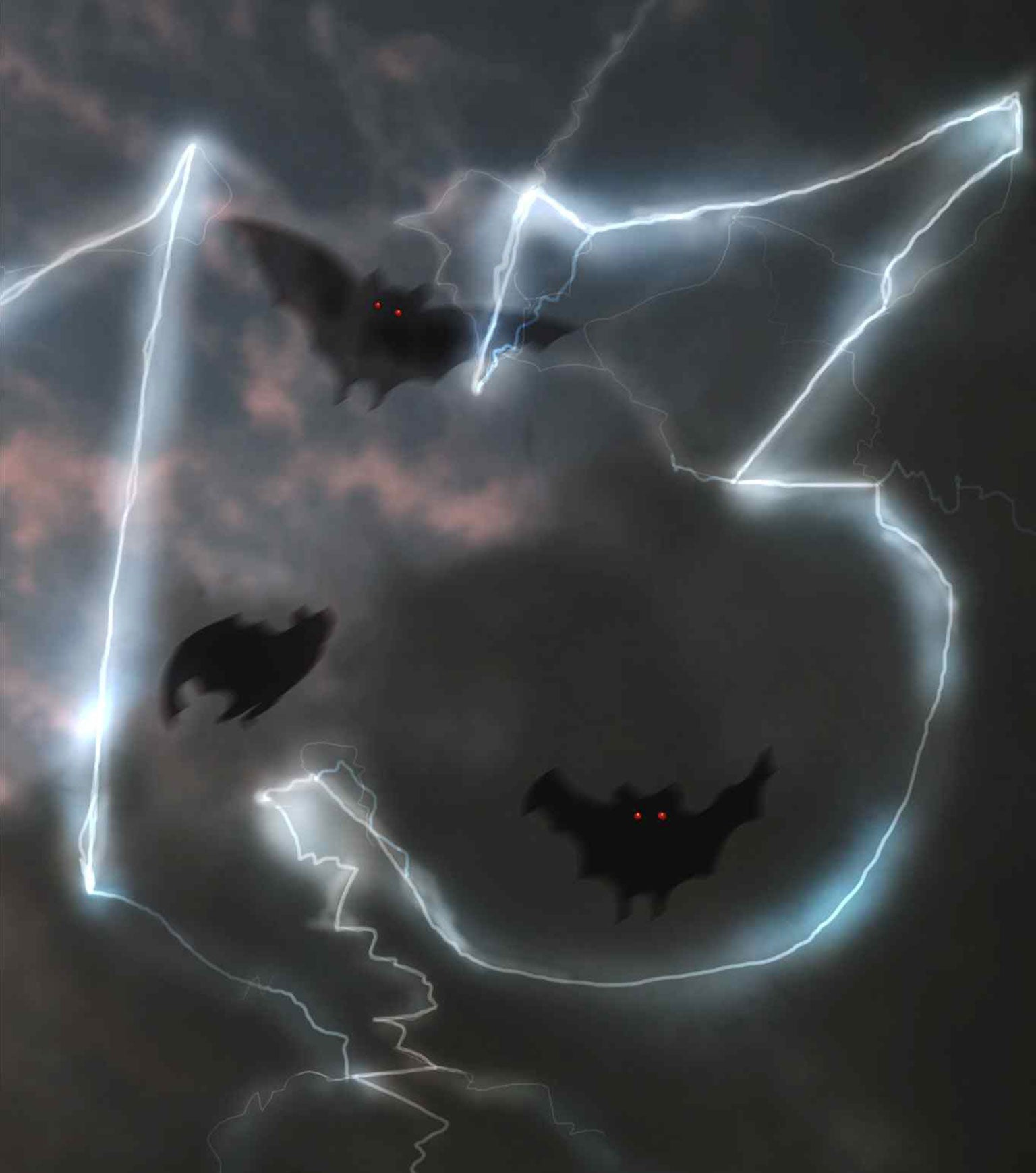Friday 13th coincides with a full moon – and it could be more dangerous than you think
Not only is it Friday 13th, but it is also a Full Moon and the last time this event occurred was 13 October 2000

Your support helps us to tell the story
From reproductive rights to climate change to Big Tech, The Independent is on the ground when the story is developing. Whether it's investigating the financials of Elon Musk's pro-Trump PAC or producing our latest documentary, 'The A Word', which shines a light on the American women fighting for reproductive rights, we know how important it is to parse out the facts from the messaging.
At such a critical moment in US history, we need reporters on the ground. Your donation allows us to keep sending journalists to speak to both sides of the story.
The Independent is trusted by Americans across the entire political spectrum. And unlike many other quality news outlets, we choose not to lock Americans out of our reporting and analysis with paywalls. We believe quality journalism should be available to everyone, paid for by those who can afford it.
Your support makes all the difference.If you're a selenophobic or a friggatriskaidekaphobic it might just be best to stay in bed.
For the first time in over a decade two of the great Western superstitions will combine bringing potentially a double dose of dire luck.
Not only is it Friday 13th, but it is also a Full Moon. The last time this event occurred was in Oct. 13, 2000.
Throw into the mix factors such as late licencing for the World Cup and soaring temperatures, and the more nervous among readers may just choose to stay under the covers and avoid the potential carnage.
But why is Friday the 13th considered unlucky, and what's the truth behind the superstition? And what of the Full Moon? Why do we fear it so much and does it really affect our behaviour?

Origins of the myth...
The origins of the idea that Friday the 13th is unlucky are unclear.
Some have suggested that it relates to the fact that the number twelve is considered the number of chronological completeness: the twelve Apostles of Jesus, twelve months in a year, twelve hours of the clock day etc.
Thirteen is therefore considered irregular and incomplete.
Other theories suggest the unlucky myth derives from the Last Supper.
In Norse mythology having thirteen people around a table is considered unlucky and indicates that one of them will die.
Dan Brown's novel The Da Vinci Code suggested a link between Friday the 13th and the Knights Templar.
Oddly Fridays on their own are considered unlucky.
The fact that Christians commemorate the crucifixion of Jesus on the Friday before Easter adds to the idea that Fridays are unlucky days.
In other biblical origins Eve is believed to have tempted Adam with the forbidden fruit on this day.
Traditionally it was also the day that prisoners were hanged in Britain before the abolition of the death penalty.
So is the day really unlucky?
Apocryphally staff in hospital emergency departments will sometimes refuse to work on this particular date.
A study published in the British Medical Journal in the 1990s noted that the number of motor accidents in the South West Thames region increased from a total of 45 on six Friday 6ths between 1989 and 1992, to 65 accidents on the six Friday 13ths in the same period.
This showed a marked increase of 52% in the number of accidents.
Another study by The Dutch Centre for Insurance Statistics (CVS) concluded, however, in 2008 that "fewer accidents and reports of fire and theft occur when the 13th of the month falls on a Friday than on other Fridays, because people are preventively more careful or just stay home. "
"Statistically speaking, driving is slightly safer on Friday the 13th."
Despite the fact that statistically the day has little influence on whether you're in an accident or not - the myth still has a huge impact.
The Stress Management Center and Phobia Institute in Asheville, North Carolina, an estimated 17 to 21 million people in the United States are affected by a fear of Friday 13th.
It is estimated that it costs the American economy approximately $800- $900 million (£500 million- £570 million) because people won't travel on the day.

So, what of the full moon?
Some theories suggest that the moon influences our behaviour in the same way in which it affects the tide. It exerts influence on the water in our bodies through gravitational pull.
Others have suggested that it's the light of the moon that has influence. One study found an alarming increase in the number of animal bites on a full moon.
So prevalent is the idea that the moon makes people behave in a bizarre way (hence the term lunacy) that in 2007 extra police were called in to patrol the streets of Brighton when the moon is full.
Research by Sussex police concluded there was a rise in the number of violent offences that take place when the moon is full.
Police compared crime statistics for Brighton and Hove with lunar graphs to discover the trend.
Police officers or staff in hospital emergency departments insist there are more accidents, violent incidents and psychiatric admissions on a full moon.
Other studies have shown that people rated their sleep as 15 per cent lower on a full moon.
In 1985 US psychologists James Rotton and Ivan Kelly, however, combined the findings of 37 studies and concluded the full moon played no part in the number of psychiatric admissions, murders, car accidents, suicides and crimes.
They found some small correlations between the death and incidents but were able in lots of instances to explain the spike through analysing other events on that date.
Given that this June Friday the 13th falls on a full moon, but also during the World Cup, and with extended opening hours (both of which are likely to affect the numbers of arrests and accidents), correlations between the date and the lunar activity and unfortunate events are unlikely to be put to bed any time soon.
Join our commenting forum
Join thought-provoking conversations, follow other Independent readers and see their replies
Comments